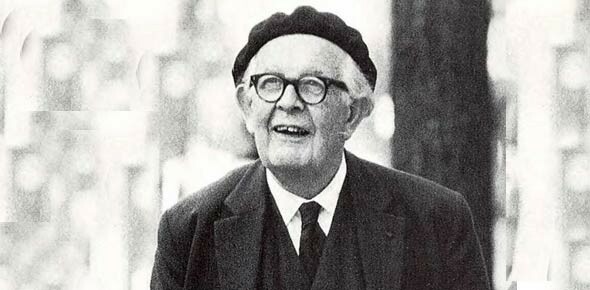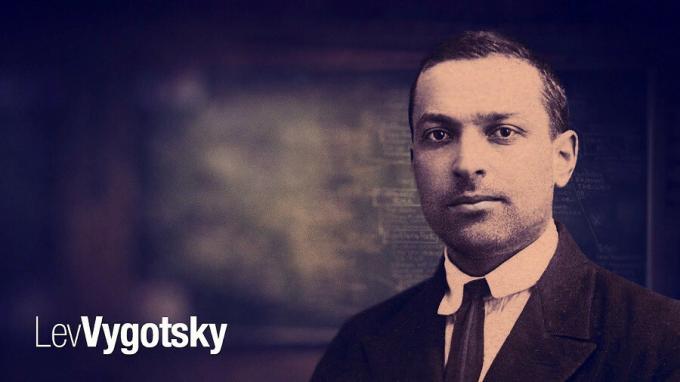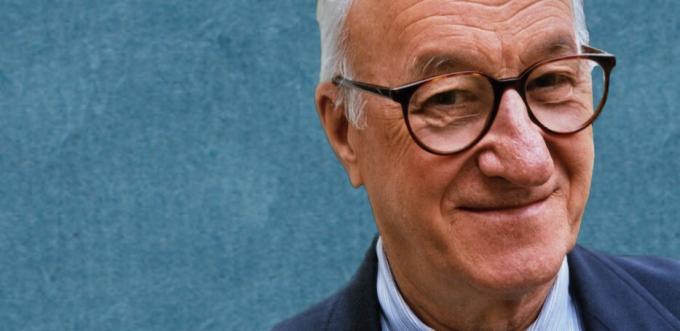Top 10 psychological theories
Psychology has been built on decades of research on behavior and mental processes, with which it is easy to get lost among so many approaches and concepts that cannot be understood without understanding the theories in which they are framed.
The main theories in Psychology
The different psychological theories try to describe different important aspects about our personality, our behavior, our cognitive development and our motivations, among many others issues. Then you can see some brushstrokes on the main psychological theories that have been sculpting what we know about the human mind.
1. Cartesian dualist theory
The dualist theory of René Descartes establishes that the mind and the body are two entities of different nature, that the first has the power to control the second and that they interact with each other somewhere in the brain.
It is basically the transformation into theory of a type of philosophical position of dualism, one of whose main representatives is Plato. Although the Cartesian dualism theory has been formally discarded for decades, it continues to adopt new forms and being implicit in the way in which much research in psychology and neurosciences. Somehow, it "infiltrates" the mindset of many research teams without their realizing it, so it remains relevant despite not being valid.

2. Gestalt theory
The Gestalt psychological theory deals with the way we perceive the outside world through our senses. Through the Gestalt laws, developed basically by German psychologists in the first half of the 20th century, reflects the way in which perception is realized while giving meaning to what is perceived, and not a thing after the other. You can read more about this theory at this article.
3. Behavioral stimulus-response theory
Researchers in behavioral psychology who relied on operant conditioning from B. F. Skinner defended the idea that the learning we carry out depends on the way in which certain behaviors remain more or less reinforced by pleasant or unpleasant stimuli just after this behavior has been done.
This theory was questioned by Edward tolman, which in the middle of the 20th century showed that learning could be done even if they were not immediately certain behaviors, thus opening the way to the cognitive psychology that was to come in the 60s.

4. Jean Piaget's theory of learning
One of the most important psychological theories about learning is that part of the constructivist approach of Jean Piaget. This Swiss researcher believed that the way in which we learn consists of the self-construction of our own experiences, that is, what we live is seen in the light of what we have experienced previously.
But learning does not depend only on our past experiences, but also on biological factors marked among other things by the vital stage in which we find ourselves. That is why he established a model of stages of cognitive development, about which you can read more here.

5. Sociocultural Theory of Lev Vygotsky
While at the beginning of the 20th century many psychologists studied learning by focusing on the way in which individuals interact with the environment, the Soviet researcher Lev vygotsky gave a social focus to the same object of study.
For him, society as a whole (although especially through parents and guardians) is a medium and at the same time a learning tool thanks to which we can develop ourselves intellectually. You can learn more about this psychological theory at this article.

6. Bandura's Social Learning Theory
Throughout his investigations, Albert bandura showed to what extent learning is not something that occurs from facing challenges alone, but also has place by being immersed in an environment in which we can see what others do and the results that others have by following certain strategies. To know more about this psychological theory, dick here.

7. Theory of cognitive dissonance
One of the most relevant psychological theories regarding the formation of identities and ideologies. The concept of cognitive dissonance, formulated by the psychologist Leon festinger, serves to explain the state of stress and discomfort that occurs when two or more beliefs that are perceived as contradictory to each other are held at the same time. To learn more about the subject, you can see these two articles:
Cognitive dissonance: the theory that explains self-deception
How do cults react when prophecies are not fulfilled?
8. Theory of information processing
This theory starts from the idea that the mind works as a set of mechanisms that process sensory information (input data) to store a part of it in "memory buckets" and, at the same time, transform the combination between this information about the present and information about the past in chains of actions, just as a robot.
In this way, our perceptions they go through a series of filters until the most relevant data becomes involved in the operations complex mental disorders and, therefore, have an impact on the behavior that occurs in response to these stimuli. It is one of the most relevant psychological theories in cognitive psychology.
9. Theory of embodied cognition
The idea of the embodied cognition, initially proposed by the psychologist George Lakoff, can be classified as both a psychological theory and a philosophical approach that affects the neurosciences. This theory breaks with the idea that cognition is based on brain activity and extends the matrix of thought to the entire body as a whole. You can read more about her here.

10. Rational choice theory
It is part of both the field of economics and cognitive psychology, so it can be considered an important representative of psychological theories. According to this idea, each individual makes decisions according to his own interests and chooses the options that he perceives as more advantageous (or less harmful) for oneself from a criterion rational.
The rational choice theory has had tremendous relevance in the social sciences, but is increasingly being questioned by new paradigms from which it is shown how frequent the behavior classically considered "irrational" is in us.
